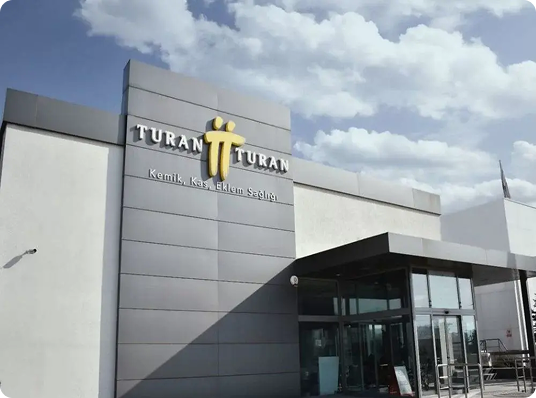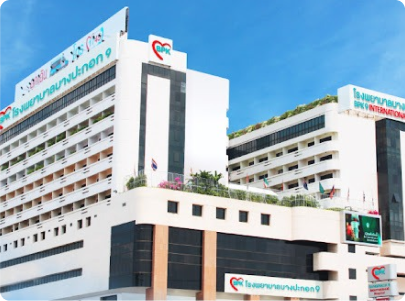Pancreas Transplant
Through the application of Pancreas Transplant, healthcare providers are able to address complex medical conditions with precision, utilizing the latest advancements in technology and evidence-based practices.
Get Expert Consultation
Speak with our medical travel experts to get personalized guidance for your procedure
✓ No commitment required • ✓ Expert guidance • ✓ Free consultation

Book Your Free Medical Consultation
Get expert advice—free and easy. Just fill out the form to start your health journey!
Key-Insights for
Pancreas Transplant
Procedure Time
The procedure typically takes around 6-8 hours to complete, depending on the individual's specific needs.
Recovery Period
Patients usually take several weeks to fully recover, but most can return to normal activities within a few days.
Expected Results
A new pancreas that produces the necessary hormones for glucose regulation, allowing patients to manage their blood sugar levels naturally.
Ideal Candidates
Individuals with type 1 diabetes and pancreatitis who have exhausted other treatment options or are not responding well to current therapies.
Pancreas Transplant
Through the application of Pancreas Transplant, healthcare providers are able to address complex medical conditions with precision, utilizing the latest advancements in technology and evidence-based practices.

People seek these procedures for various reasons:
Aesthetic Enhancement
Regain control over blood sugar levels and reduce dependence on insulin therapy
Corrective Purposes
Experience improved overall health and reduced risk of complications from uncontrolled diabetes
Functional Restoration
Improve mental well-being and regain confidence in managing daily life
Things to Check Before Treatment
- •Consult your doctor about any medication or supplements you're taking, as some may need to be adjusted before the procedure.
- •Get clearance from your doctor if you have a history of kidney stones or other urinary tract issues.
- •Make sure you're not experiencing any unusual symptoms like abdominal pain, nausea, or vomiting that could impact the procedure.
- •Confirm with your insurance provider what's covered and what you'll need to pay out-of-pocket.
- •Ensure you have all necessary medical records and test results ready for review.
Potential Risks
- •As with any major surgery, there's a risk of infection or bleeding after the procedure.
- •The transplanted pancreas may not function properly or may be rejected by your body.
- •You're at higher risk for complications if you have underlying medical conditions like diabetes, kidney disease, or liver disease.
- •There's a small chance of surgical site herniation or other complications related to the incision.
- •You may experience temporary side effects like digestive issues, numbness, or tingling after the procedure.
How to Choose the Right Country, Clinic, and Surgeon
Do's
Verify surgeon credentials (e.g. ISAPS, JPRAS)
Ask for before-after photos
Check language barriers
Review aftercare and follow-up options
Consider local laws on medical malpractice
Don'ts
Don't Choose a Clinic Based Only on Price
Don't Rely Solely on Social Media or Influencers
Don't Ignore Language Barriers
Don't Rush Into Surgery Without Research
Don't Assume You Can Fly Back Immediately
CureMeAbroad Services Are Absolutely Free.
You pay same rates for treatments as in the hospital's original price list.
CureMeAbroad Services Are Absolutely Free.
You pay same rates for treatments as in the hospital's original price list.


Book Your Free Medical Consultation
Get expert advice—free and easy. Just fill out the form to start your health journey!
Pancreas Transplant
Frequently Asked Questions
This procedure involves specific medical techniques tailored to address particular health conditions. Your doctor will explain the detailed process based on your case.

Help Me Plan My Treatment Abroad
End to End Treatment Planning Specifically curated as per your need. Just a Call away


Help Me Plan My Treatment Abroad
End to End Treatment Planning Specifically curated as per your need. Just a Call away


Book Your Free Medical Consultation
Get expert advice—free and easy. Just fill out the form to start your health journey!



